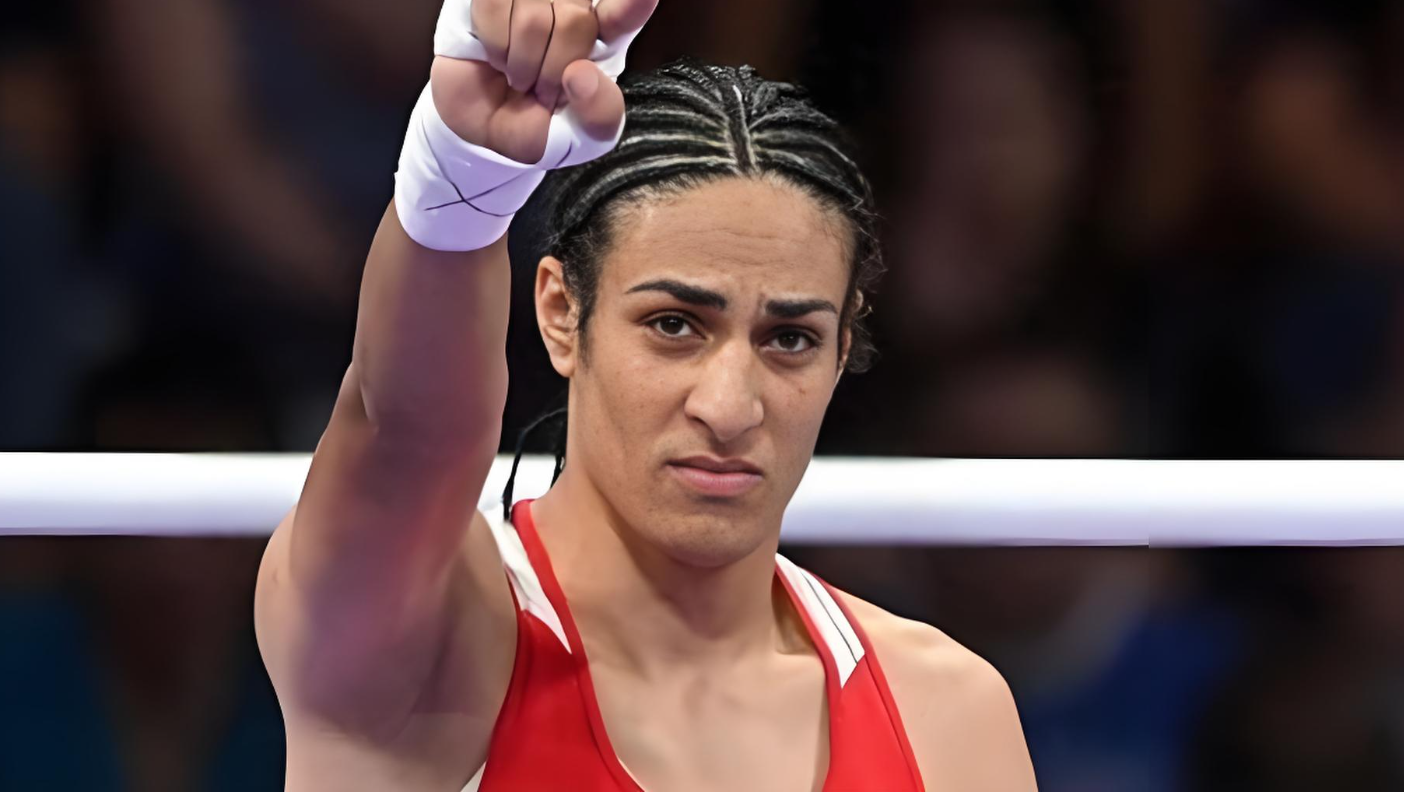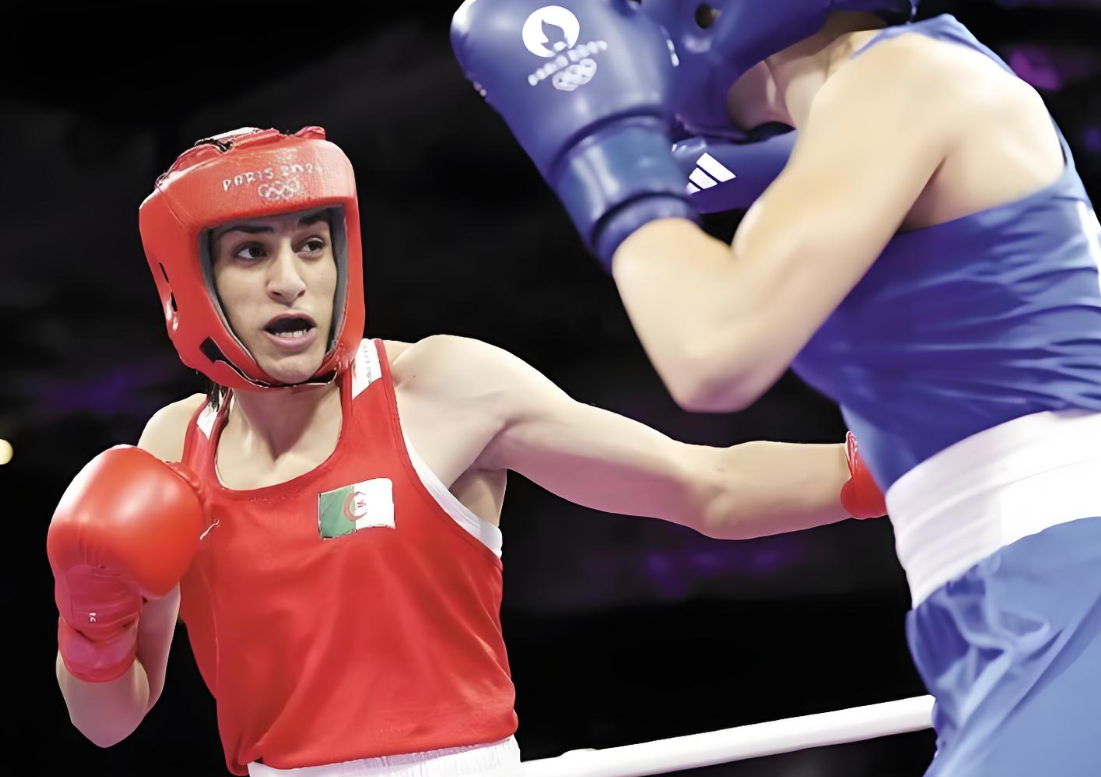On August 2nd, a remarkable incident occurred at the Paris Olympics boxing venue that sparked widespread debate and controversy. Algerian boxer Imane Khalif, in the women's 66-kilogram category, defeated Italian Angela Carini in just 46 seconds, leading to an emotional Carini leaving the ring in tears.

Post-victory, Khalif was met with accusations of being a transgender male, which her father vehemently refuted, calling the attacks on his daughter immoral and unfair. He presented an official document registered in 1999, confirming Khalif's female birth status and dismissing the criticisms and rumors aimed at undermining her path to becoming a world champion.

The International Olympic Committee (IOC) spokesperson clarified that Khalif's passport identifies her as female, and her gender is determined by this official document. The IOC also stated that Khalif has met the eligibility criteria for transgender athletes set in 2015, which requires that transgender women:
- Have declared their gender as female for at least four years for the purpose of sports;
Maintain a serum testosterone level below 10nmol/L in the 12 months leading up to the competition and throughout the duration of the event.
However, the International Boxing Association (AIBA) Chairman, Umar Kremlev, offered a conflicting account, stating that Khalif's genetic test revealed XY chromosomes, making her ineligible for women's categories.

Despite the conflicting narratives, the IOC has reaffirmed Khalif's eligibility for the women's competition at the Olympics, emphasizing the importance of a fair and inclusive sporting environment.
This incident has brought to light the complexities surrounding transgender athletes and the need for a clear and compassionate approach to gender identity in sports. It is a reminder that while the quest for excellence is universal, the journey of each athlete is unique and deserves respect and understanding.


